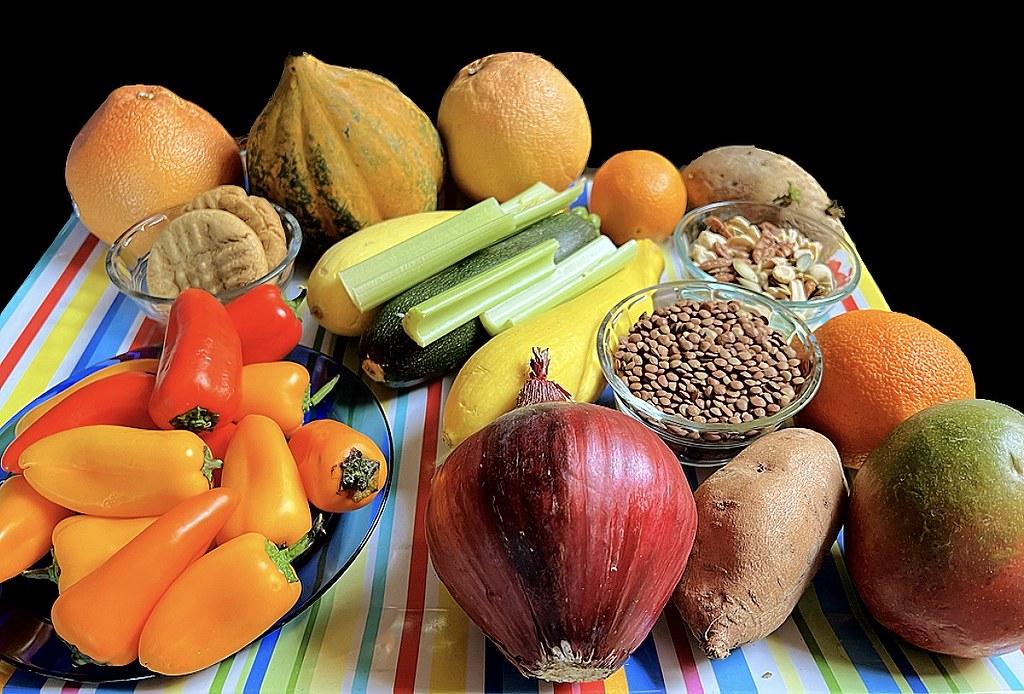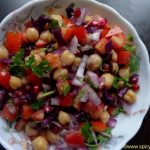In the intricate symphony of human health, the heart beats the rhythm of life itself, a steadfast drummer in the orchestra of our bodies. Yet, as modern lifestyles orchestrate an increasing cacophony of stress, inactivity, and processed foods, the harmonious cadence of this vital organ is often disrupted, leading to a crescendo of heart disease across the globe. Amidst the growing clamor for solutions, a quiet revolution is taking root—literally. Plant-based diets, once the domain of dedicated vegetarians and vegans, are now sprouting in popularity among the health-conscious and curious alike. But can these verdant plates truly serve as a bulwark against heart disease? As we delve into the leafy world of plant-based nutrition, we explore whether these diets can offer a pathway to a heart-healthy future, examining the science, the skepticism, and the stories of those who have embraced this green revolution.
The Science Behind Plant-Based Nutrition and Cardiovascular Health
Emerging research underscores the profound impact of a plant-based diet on cardiovascular health. Nutrient-dense foods such as fruits, vegetables, legumes, and whole grains are rich in fiber, antioxidants, and phytonutrients, all of which play a crucial role in maintaining heart health. These components help in reducing inflammation, lowering cholesterol levels, and improving blood pressure. Unlike animal-based products, plant-based foods contain negligible saturated fats, which are known contributors to heart disease.
- Fiber: Enhances digestive health and lowers cholesterol.
- Antioxidants: Combat oxidative stress and reduce inflammation.
- Phytonutrients: Support vascular health and improve arterial function.
Additionally, adopting a plant-based lifestyle can lead to weight loss, further reducing the risk of heart disease. Studies have shown that individuals following such diets often have a lower body mass index (BMI) and a reduced risk of developing type 2 diabetes. The emphasis on whole, unprocessed foods not only provides essential nutrients but also promotes a balanced approach to eating that benefits overall cardiovascular health.

Understanding the Role of Antioxidants and Fiber in Heart Disease Prevention
Incorporating antioxidants and fiber into your diet is like giving your heart a shield and a broom. Antioxidants, found abundantly in plant-based foods, combat oxidative stress by neutralizing free radicals, which are unstable molecules that can damage cells. This cellular protection is crucial because oxidative stress is a known contributor to heart disease. Foods rich in antioxidants include:
- Colorful fruits like berries and citrus
- Dark leafy greens such as spinach and kale
- Nuts and seeds
- Whole grains
Fiber, on the other hand, acts as nature’s broom, sweeping away excess cholesterol before it can build up in your arteries. It also aids in maintaining a healthy weight and regulating blood sugar levels, both of which are key factors in reducing heart disease risk. Plant-based diets, rich in both soluble and insoluble fiber, offer a plethora of heart-healthy options, including:
- Oats and barley
- Legumes like beans and lentils
- Whole fruits with skins
- Vegetables like carrots and broccoli
Embracing a diet rich in these components not only supports heart health but also enhances overall well-being, showcasing the power of plants in disease prevention.

Exploring the Myths and Facts: Plant-Based Diets and Cholesterol Levels
In the world of nutrition, plant-based diets often find themselves at the center of heated debates, particularly when it comes to their impact on cholesterol levels. Cholesterol, a waxy substance found in your blood, is essential for building healthy cells, but high levels can increase the risk of heart disease. Plant-based diets, rich in fruits, vegetables, whole grains, and legumes, are often touted for their potential to lower cholesterol levels and, in turn, reduce heart disease risk.
However, it’s important to sift through the myths and understand the facts. Here are some key points:
- Myth: All plant-based foods are cholesterol-free. While plants do not produce cholesterol, processed plant-based foods can contain added fats and sugars, which may affect cholesterol levels.
- Fact: Soluble fiber found in foods like oats, beans, and lentils can help lower LDL (bad) cholesterol.
- Myth: Switching to a plant-based diet automatically improves heart health. The quality of the plant-based diet is crucial. Diets high in refined grains and sugary drinks might not offer the same benefits as those rich in whole foods.
- Fact: Plant sterols and stanols, naturally occurring in fruits, vegetables, and nuts, can help block the absorption of cholesterol.
Understanding these nuances can help individuals make informed dietary choices that support heart health while enjoying the myriad benefits of a plant-based lifestyle.

Practical Tips for Transitioning to a Heart-Healthy Plant-Based Lifestyle
Embracing a plant-based lifestyle can be a rewarding journey towards better heart health, and it doesn’t have to be daunting. Here are some practical tips to ease the transition:
- Start Gradually: Introduce plant-based meals a few times a week to help your taste buds adjust. This slow transition can make it easier to identify and enjoy your favorite plant-based foods.
- Focus on Whole Foods: Prioritize whole grains, legumes, fruits, and vegetables. These are rich in nutrients and fiber, promoting heart health by reducing cholesterol levels and improving digestion.
- Experiment with Flavors: Use herbs, spices, and different cooking techniques to make plant-based dishes more appealing. A sprinkle of cumin or a dash of smoked paprika can transform simple vegetables into a flavorful feast.
- Read Labels: When buying packaged foods, check for hidden sugars and unhealthy fats. Opt for products with minimal ingredients and those that are less processed.
Remember, transitioning to a heart-healthy plant-based diet is not about perfection but about making consistent, healthier choices that align with your lifestyle and preferences.
Insights and Conclusions
In the intricate dance between diet and health, the question of whether plant-based diets can prevent heart disease invites us to explore not just the nutrients on our plates, but the broader implications of our choices. While the evidence suggests promising benefits, it also reminds us that health is a mosaic, composed of individual lifestyle factors, genetics, and personal preferences. As we navigate this landscape, perhaps the most important takeaway is the power of informed choice. Whether you find yourself drawn to the vibrant colors of a plant-based plate or the diverse textures of a varied diet, let your journey be guided by knowledge, curiosity, and a commitment to well-being. the heart of the matter lies in nourishing both body and spirit with intention and care.




